I Feel Your Pain': The Neuroscience of Empathy – Association for Psychological Science – APS
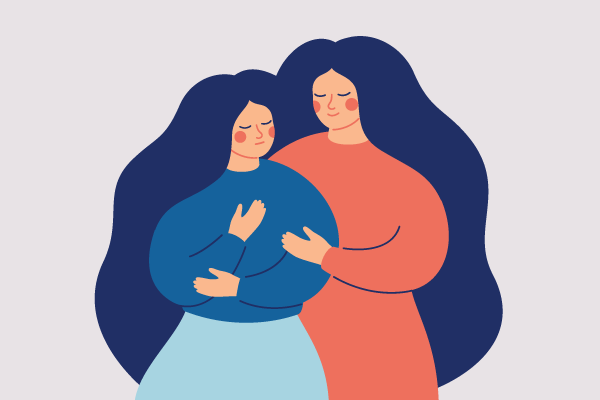
By A Mystery Man Writer
Observing someone else in anguish can evoke a deep sense of distress and sadness — almost as if it’s happening to us. APS Fellow Ying-yi Hong and other scientists identify some of the regions of the brain responsible for this sense of interconnectedness.

All About Student Mental Health And How To Take Care Of It
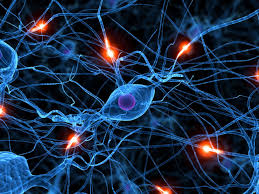
I Feel Your Pain: The Neuroscience of Empathy - The Trauma & Mental Health Report

Only empathy-related traits, not being mimicked or endorphin release, influence social closeness and prosocial behavior
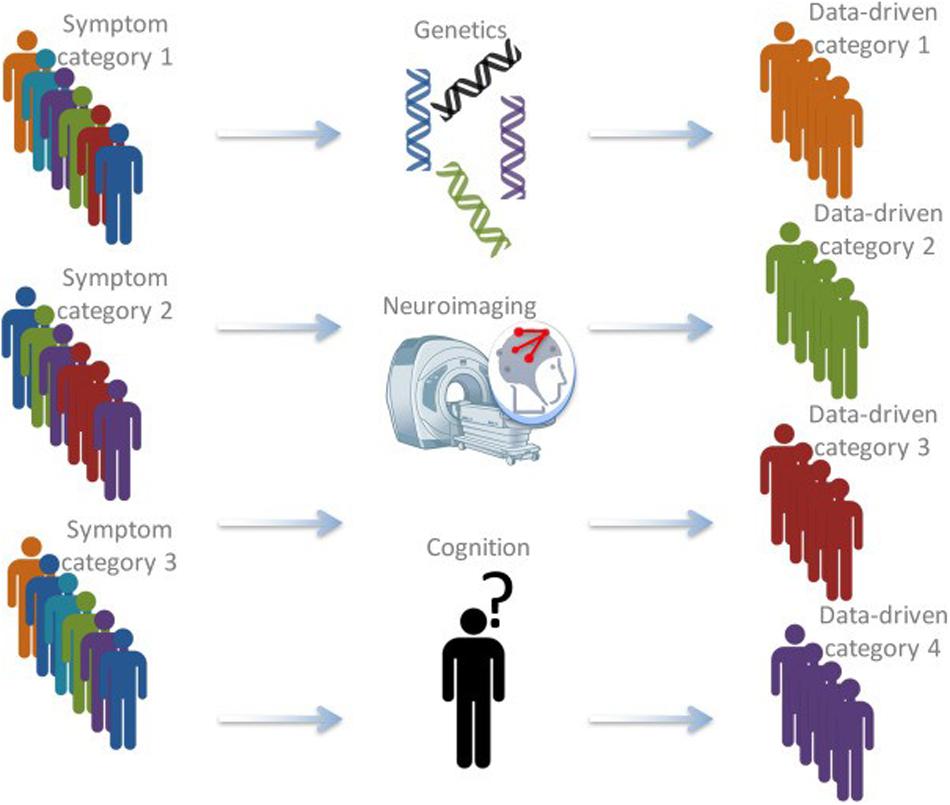
Frontiers The Empathic Brain of Psychopaths: From Social Science to Neuroscience in Empathy
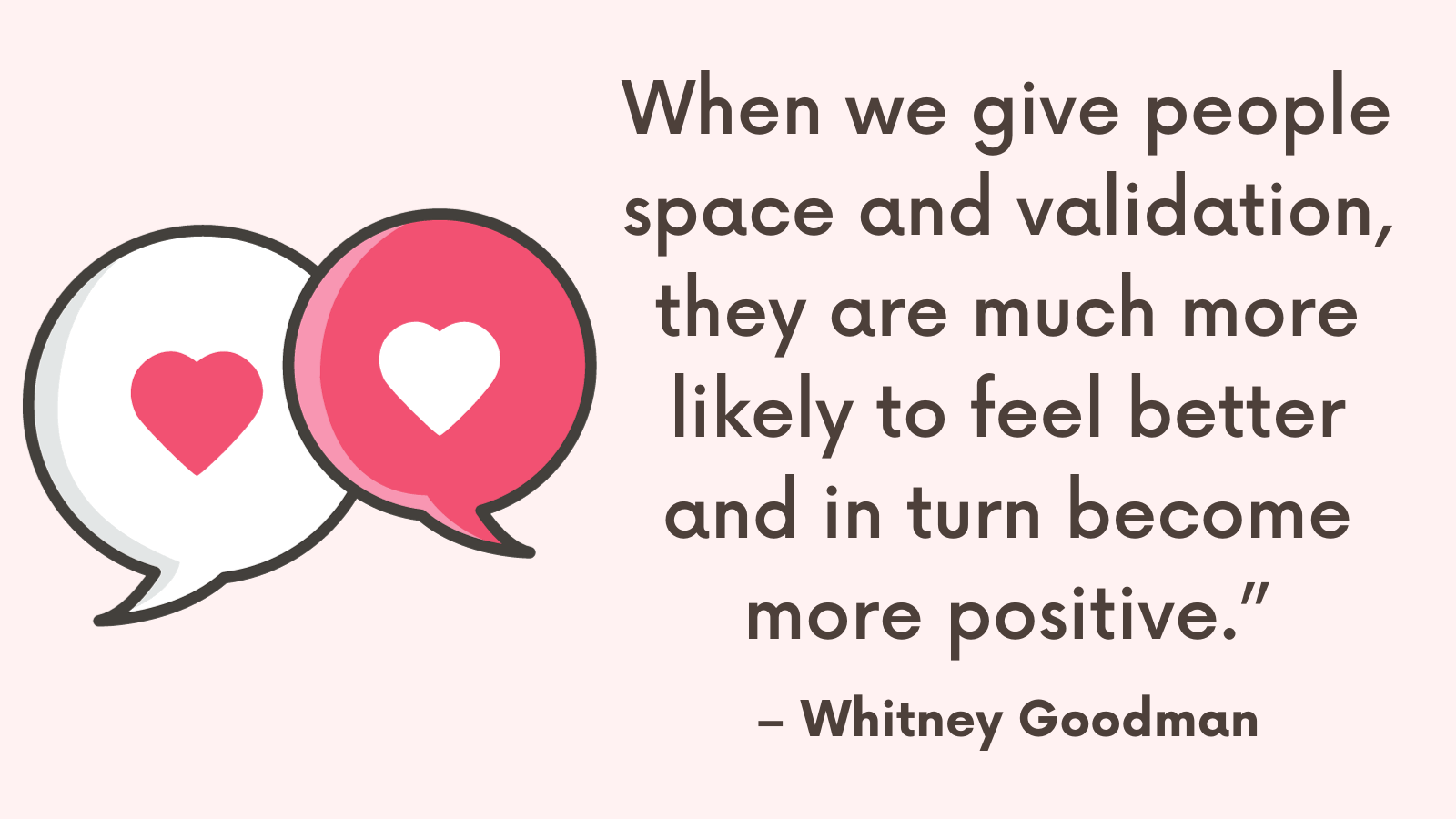
How To Become A Stronger Empath? Top 20 Actionable Empathy Exercises to Become More Empathetic
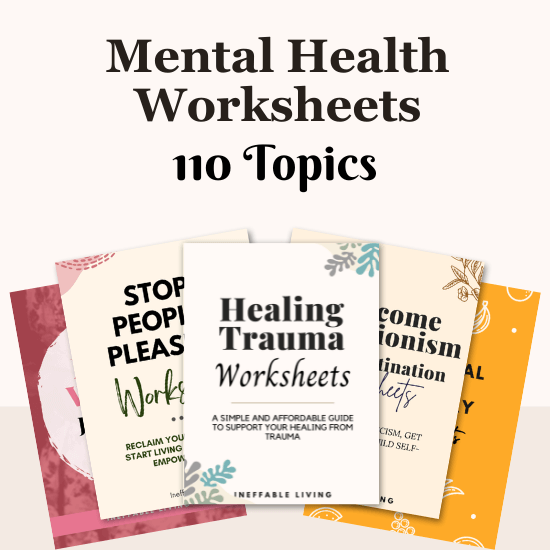
How To Become A Stronger Empath? Top 20 Actionable Empathy Exercises to Become More Empathetic
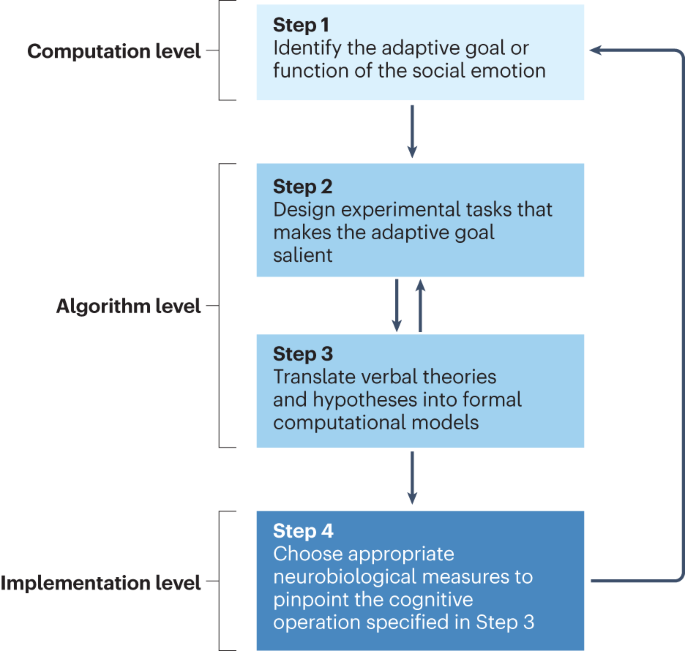
A levels-of-analysis framework for studying social emotions

Best Brains Exchange report: Treatment of chronic pain and complex concurrent mental health and substance use conditions
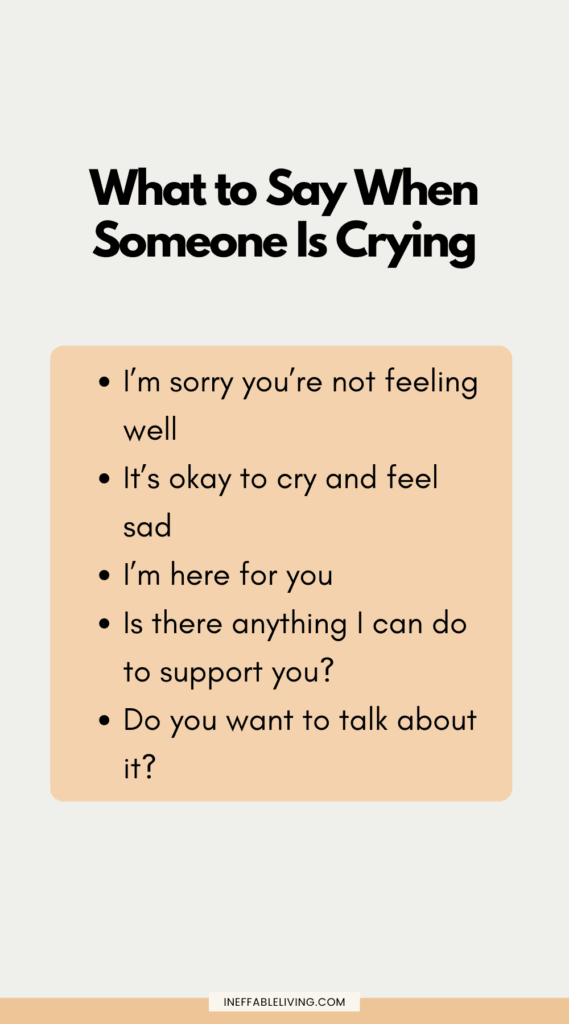
How To Become A Stronger Empath? Top 20 Actionable Empathy Exercises to Become More Empathetic

Media overload is hurting our mental health. Here are ways to manage headline stress
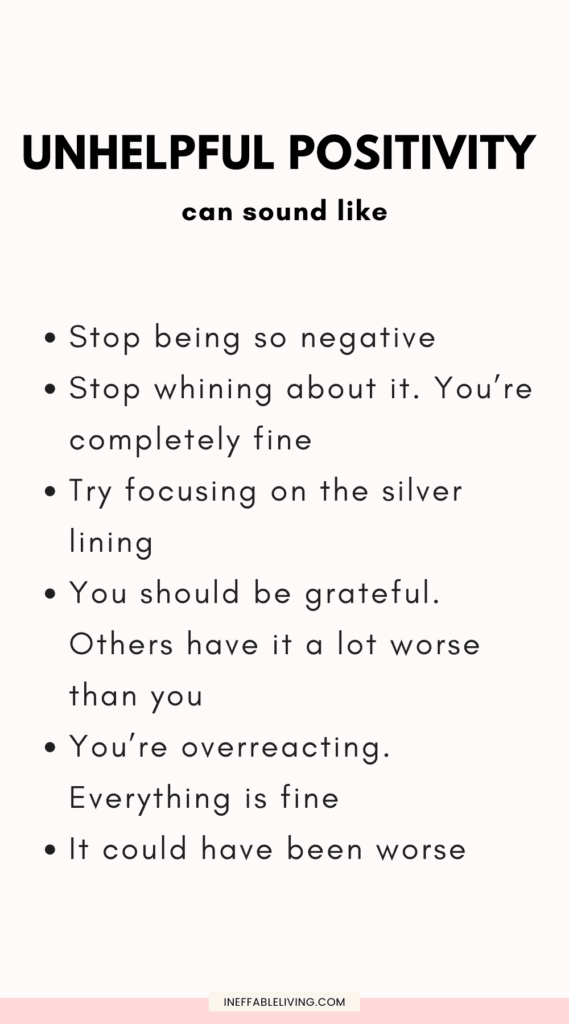
How To Become A Stronger Empath? Top 20 Actionable Empathy Exercises to Become More Empathetic
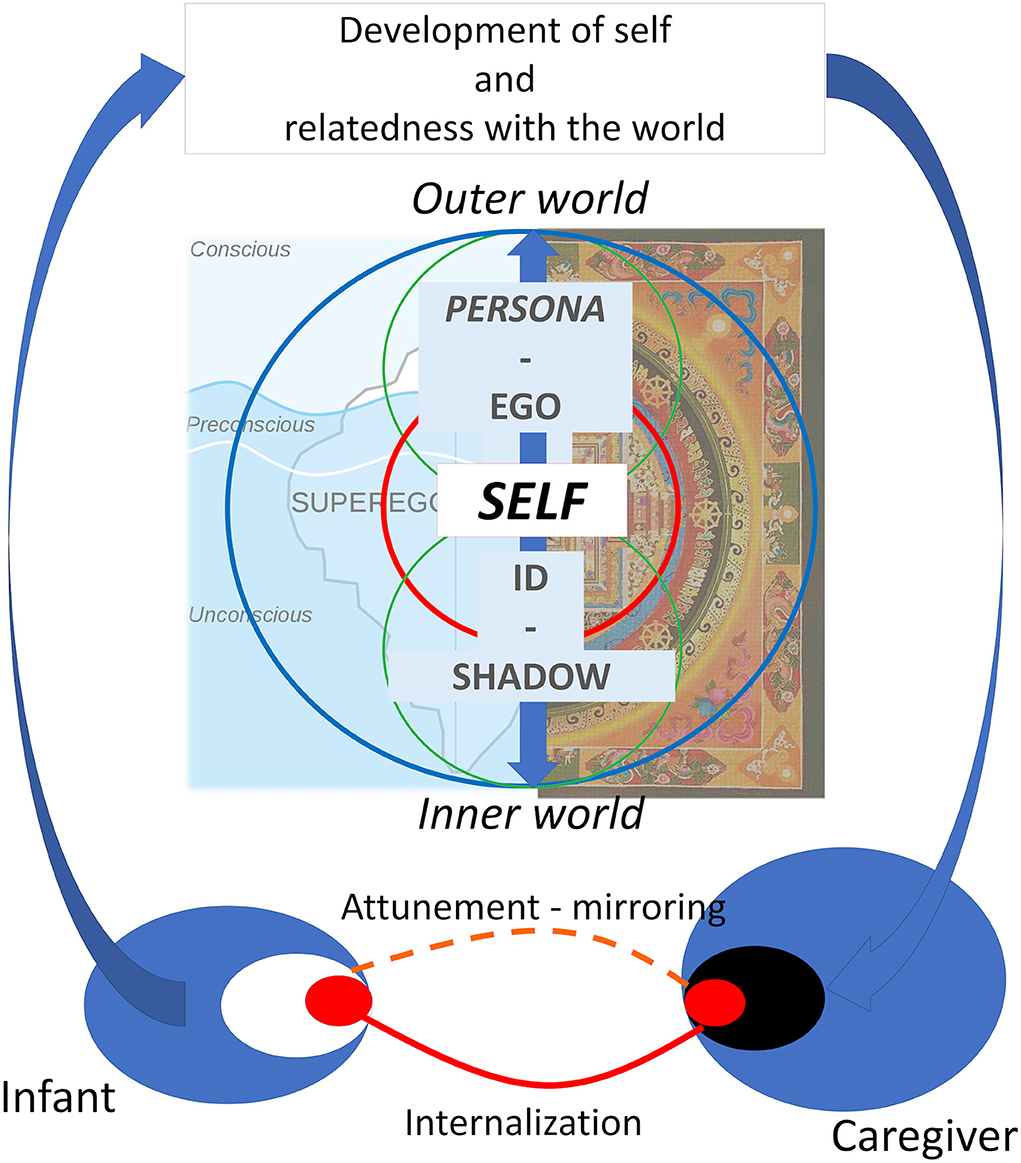
Frontiers The nested hierarchy of self and its trauma: In search for a synchronic dynamic and topographical re-organization

I Feel Your Pain': The Neuroscience of Empathy – Association for Psychological Science – APS
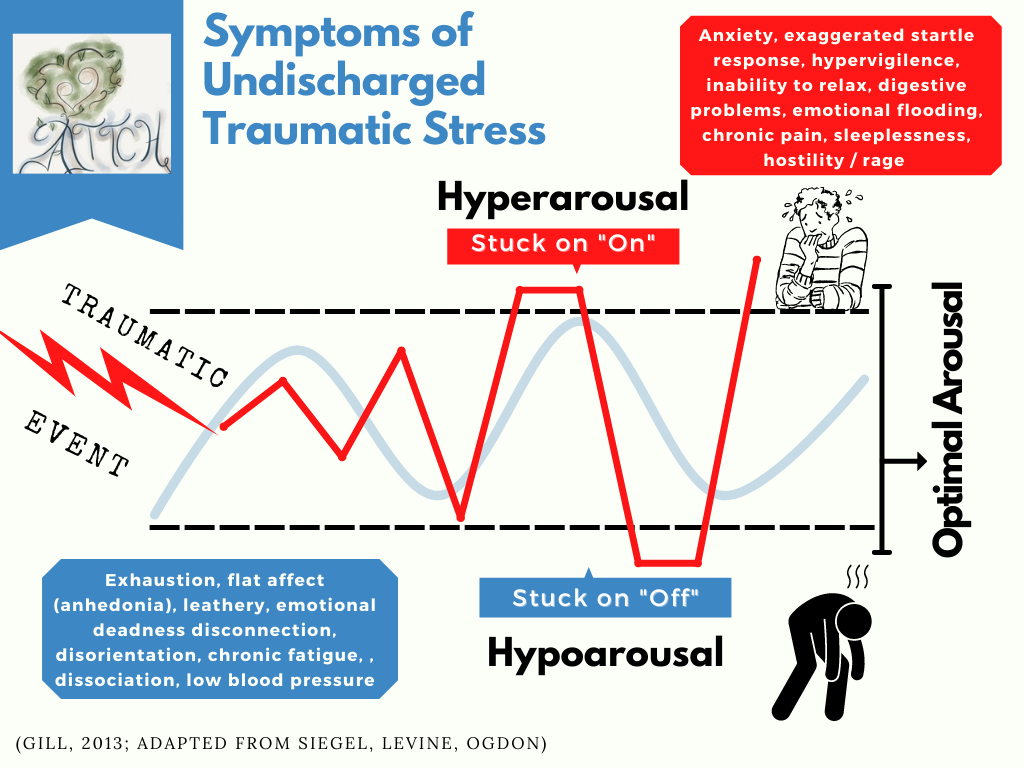
Understanding and Working with the Window of Tolerance - ATTACHMENT AND TRAUMA TREATMENT CENTRE FOR HEALING (ATTCH)

PDF) “I feel your pain”: A critical review of organizational research on empathy
- Native Women Running
- Evangeline Evening Gown (Blush) - Wedding Dresses, Evening Wear and Party Clothes by Alie Street.

- Wrangler Women's High-Waisted Fierce Flare, Brockton, 0-30

- Hatha joga - na czym polega i jakie są jej zalety? Podpowiadamy

- Out-of-date Jockey underwear #3 of a multi-part series painted w



